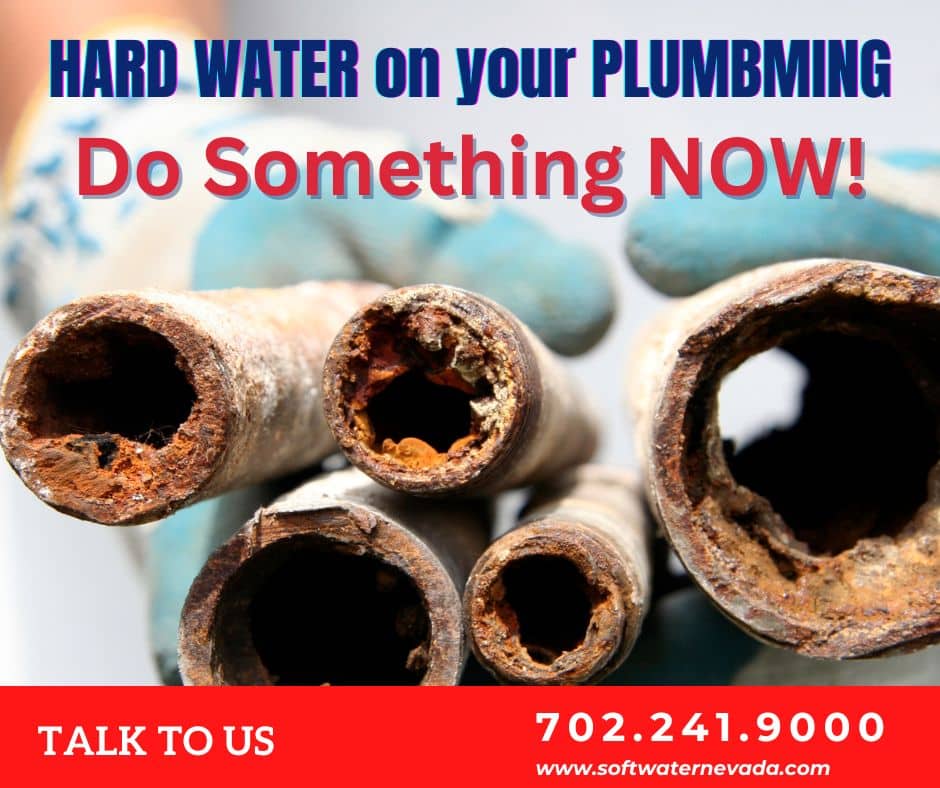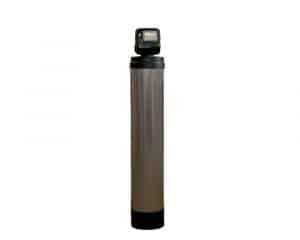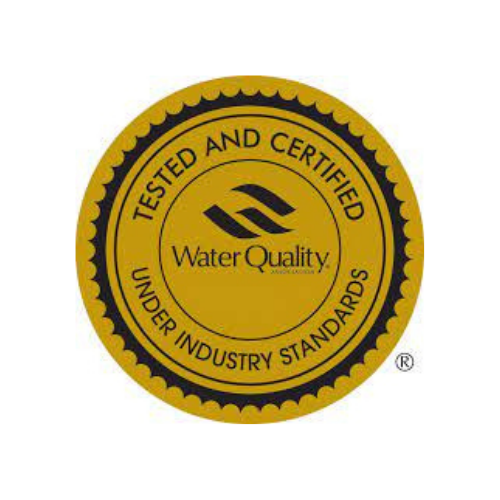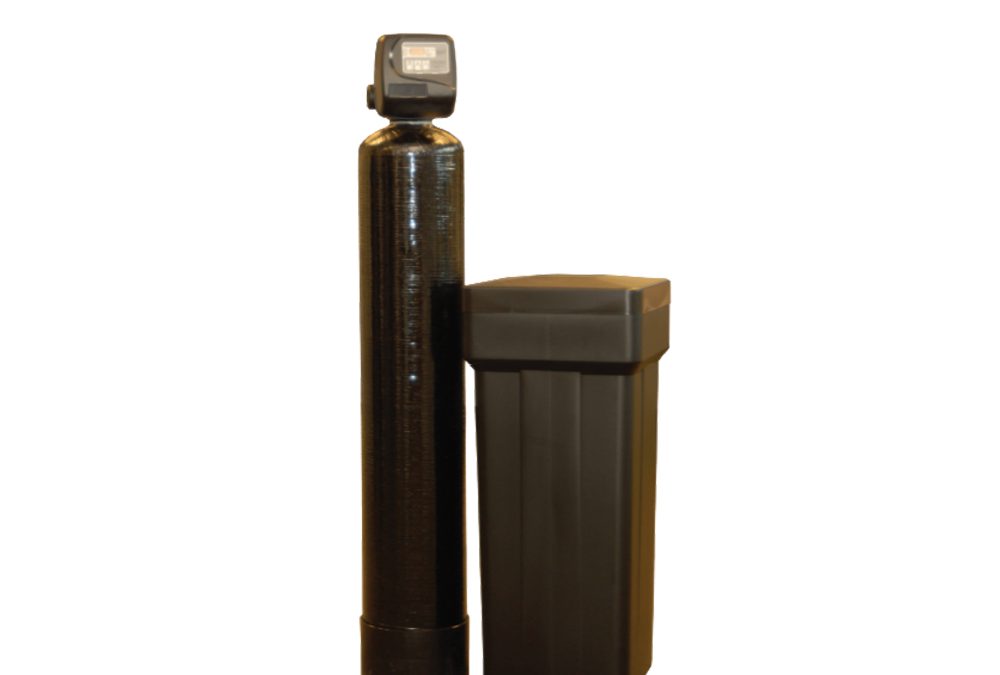How Resolve Hard Water Problem in Las Vegas
There are several ways on how to resolve hard water problem if you live in the Las Vegas NV area, here are some ideas and tips:
- Water Softener: One of the most effective ways to resolve hard water is to install a water softener. A water softener works by removing the minerals that cause hard water, such as calcium and magnesium.
- Reverse Osmosis: Another effective way to resolve hard water is to install a reverse osmosis (RO) system. An RO system works by filtering the water through a semi-permeable membrane, which removes the minerals that cause hard water.
- Water Conditioner: A water conditioner works by neutralizing the minerals that cause hard water, instead of removing them.
- Salt-Free Water Conditioner: Salt-free water conditioners uses a technology that changes the properties of the minerals in hard water, so that they will not stick to surfaces in your home and will not form scale buildup in your pipes.
- Professional Water Testing: Before deciding on a solution, it’s recommended to have a professional water test done to identify the specific minerals causing the hard water and the best way to resolve it.
It’s important to note that some of these methods may require professional installation and maintenance, and you should consult with a professional installer or water treatment specialist to determine the best solution for your specific needs.



What is a Water Softener and how does it work?

While Supplies last!
A water softener is a device that is used to remove the minerals that cause hard water, such as calcium and magnesium. The process of water softening is typically accomplished by using a process called ion exchange, in which the hard water minerals are exchanged for soft water minerals, such as sodium or potassium.
A water softener typically consists of a tank and a control valve. The tank contains resin beads that are coated with soft water minerals. As hard water enters the tank, it comes into contact with the resin beads and the hard water minerals are exchanged for the soft water minerals. The control valve regulates the flow of water through the tank and controls the regeneration of the resin beads.
Water softeners are typically installed at the point of entry (POE) of a home, which means they are installed where the main water line enters the house. This allows the water softener to treat all of the water that is used in the home.
Water softeners are effective in reducing the effects of hard water, including scale buildup in pipes, appliances and fixtures, and can also improve the lathering of soap and shampoo. However, it’s important to note that water softeners do not remove other impurities such as bacteria, viruses, or dissolved solids. Therefore, a water softener should not be considered as a substitute for other types of water treatment systems.
CONTACT US NOW
Take Advantage! $995 (+tax&install) WATER SOFTENER + Free RO unit
What is a Reverse Osmosis (RO) system?
The pre-filter removes larger particles, such as sediment, from the water. The reverse osmosis membrane, which is the heart of the system, removes dissolved minerals and other impurities through a process called reverse osmosis. The storage tank holds the purified water until it is needed. The post-filter removes any remaining impurities that may have passed through the membrane.

Hurry! While Supplies last…
RO systems are effective in removing dissolved minerals and other impurities that cause hard water, including calcium and magnesium, as well as other dissolved solids such as lead, nitrates, and chlorine. Additionally, it can also remove bacteria, viruses, and other microorganisms.
RO systems are typically installed under the sink, but can also be installed as a whole-house system. It’s important to note that RO systems can waste a large amount of water in the process, so it’s important to consider the water usage and cost of the system before deciding to install one.
Also, it’s important to note that RO systems require regular maintenance, including filter replacement and membrane cleaning, to ensure they continue to function properly. A professional plumber or water treatment specialist can help you determine if an RO system is the right solution for your hard water issue and can also install and maintain the system.
CONTACT US NOW
Take Advantage! $995 (+tax&install) WATER SOFTENER + Free RO unit
What is a Water Conditioner and why is it important?

CALL US: 702-241-9000
Water conditioners are effective in reducing the effects of hard water, including scale buildup in pipes, appliances, and fixtures, and can also improve the lathering of soap and shampoo. However, it’s important to note that water conditioners do not remove other impurities such as bacteria, viruses, or dissolved solids. Therefore, a water conditioner should not be considered as a substitute for other types of water treatment systems.
It’s important to note that some water conditioners require regular maintenance, such as media replacement, to ensure they continue to function properly. A professional plumber or water treatment specialist can help you determine if a water conditioner is the right solution for your hard water issue and can also install and maintain the system.
What is a Salt-free Water Conditioner and how does it help my plumbing and home appliances?
A salt-free water conditioner is a device that uses a technology called template-assisted crystallization (TAC) to change the properties of the minerals in hard water, so they will not stick to surfaces in your home and will not form scale buildup in your pipes. Unlike traditional water softeners, salt-free water softeners do not use salt to soften the water.
 A salt-free water conditioner typically consists of a control valve and a mineral tank. The control valve regulates the flow of water through the mineral tank and the mineral tank contains a media that neutralizes the hard water minerals.
A salt-free water conditioner typically consists of a control valve and a mineral tank. The control valve regulates the flow of water through the mineral tank and the mineral tank contains a media that neutralizes the hard water minerals.
Salt-free water condirioners are typically installed at the point of entry (POE) of a home, which means they are installed where the main water line enters the house. This allows the salt-free water condioner to treat all of the water that is used in the home.
Salt-free water conditioner are effective in reducing the effects of hard water, including scale buildup in pipes, appliances, and fixtures, and can also improve the lathering of soap and shampoo. However, it’s important to note that salt-free water conditioners do not remove other impurities such as bacteria, viruses, or dissolved solids. Therefore, a salt-free water conditioner should not be considered as a substitute for other types of water treatment systems.
It’s important to note that some salt-free water conditioners require regular maintenance, such as media replacement, to ensure they continue to function properly. A professional water treatment specialist can help you determine if a salt-free water conditioner is the right solution for your hard water issue and can also install and maintain the system.
What is Prodessional Water Testing or Water Analysis and why do I have to do it?
Professional Water Testing or Water Analysis is the process of analyzing a water sample to determine the presence and concentration of various minerals, chemicals, and other impurities in the water. It is important to have a professional water test done before deciding on a solution for hard water, as it will identify the specific minerals causing the hard water and the best way to resolve it.
A professional water test typically includes a variety of tests that measure different aspects of the water, such as pH, total dissolved solids (TDS), calcium, magnesium, and other minerals that can cause hard water. The test results will indicate the level of hardness and will help in determining the best solution for hard water.

Call to Schedule.
It’s important to note that professional water testing should be done by a certified laboratory or water treatment specialist like SoftWaterNevada. We will take a sample of your water and send it to the lab for analysis, then provide you with a detailed report of the results and recommend a solution that addresses your specific water issues.
Additionally, it’s important to know that professional water testing should be done periodically, especially if you notice a change in the water quality, or if you have installed a new water treatment system. This will ensure that your water is safe to drink, and that your water treatment system is working properly.






